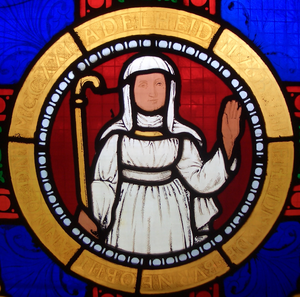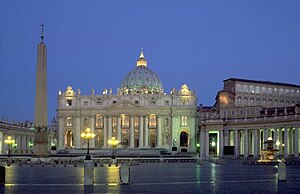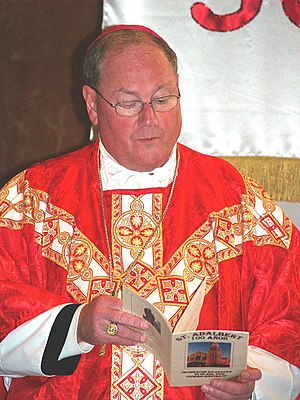 |
| Skeptic (U.S. magazine) (Photo credit: Wikipedia) |
A Skeptic is Open Minded
Skeptics are often depicted as being close minded, incredibly stubborn, and even somewhat hostile to novel information. This may be accurate for some individual skeptics (e.g., those who are extremely cynical), but it does not appear to be accurate for most. In fact, skeptics tend to be open minded.
The depiction of skeptics as close minded is based, at least in part, on a lack of understanding of skepticism among the general public. Some people seem to think that there is nothing to skepticism besides shooting down others' claims. It is also likely that this negative picture of skeptics is fueled by those who benefit from a lack of skepticism. Unfortunately, there are plenty who do in fact benefit from human gullibility, bias, and the lack of critical thinking.
Why does the depiction of skeptics as close minded fall apart on examination? A close minded approach would be difficult to reconcile with skepticism because it would mean that the skeptic was dooming himself or herself to incomplete data. The skeptic seeks evidence for the purpose of critically evaluating claims. By adopting a close minded stance, the skeptic would be depriving himself or herself of evidence.
















